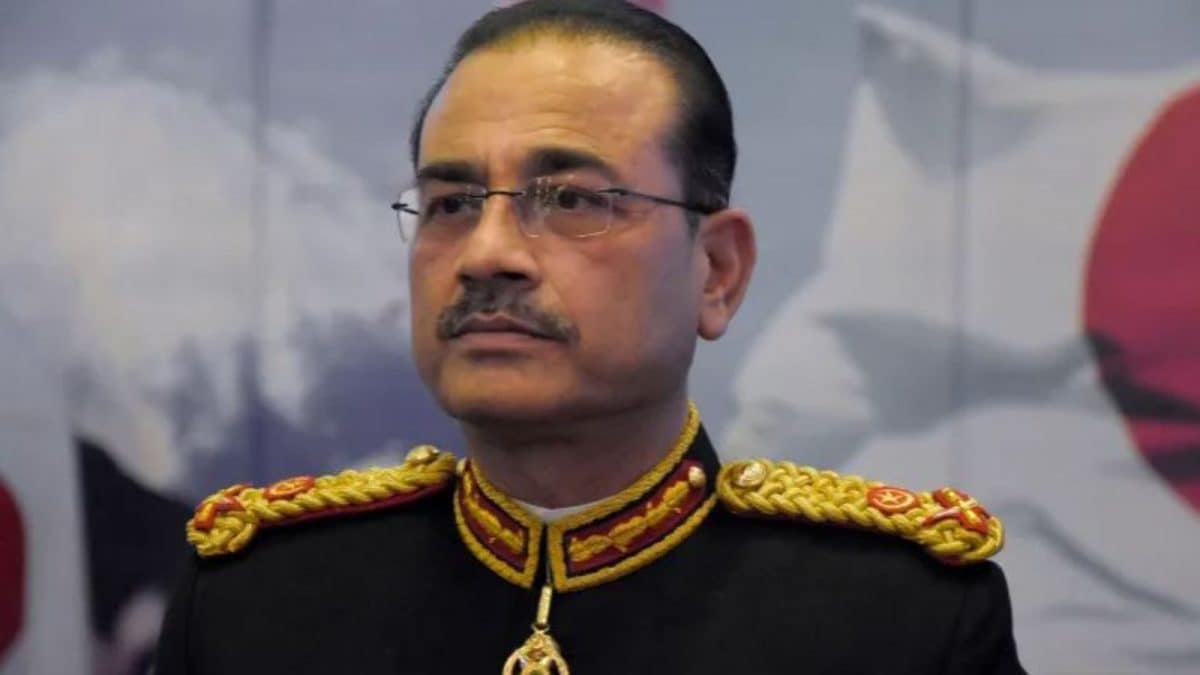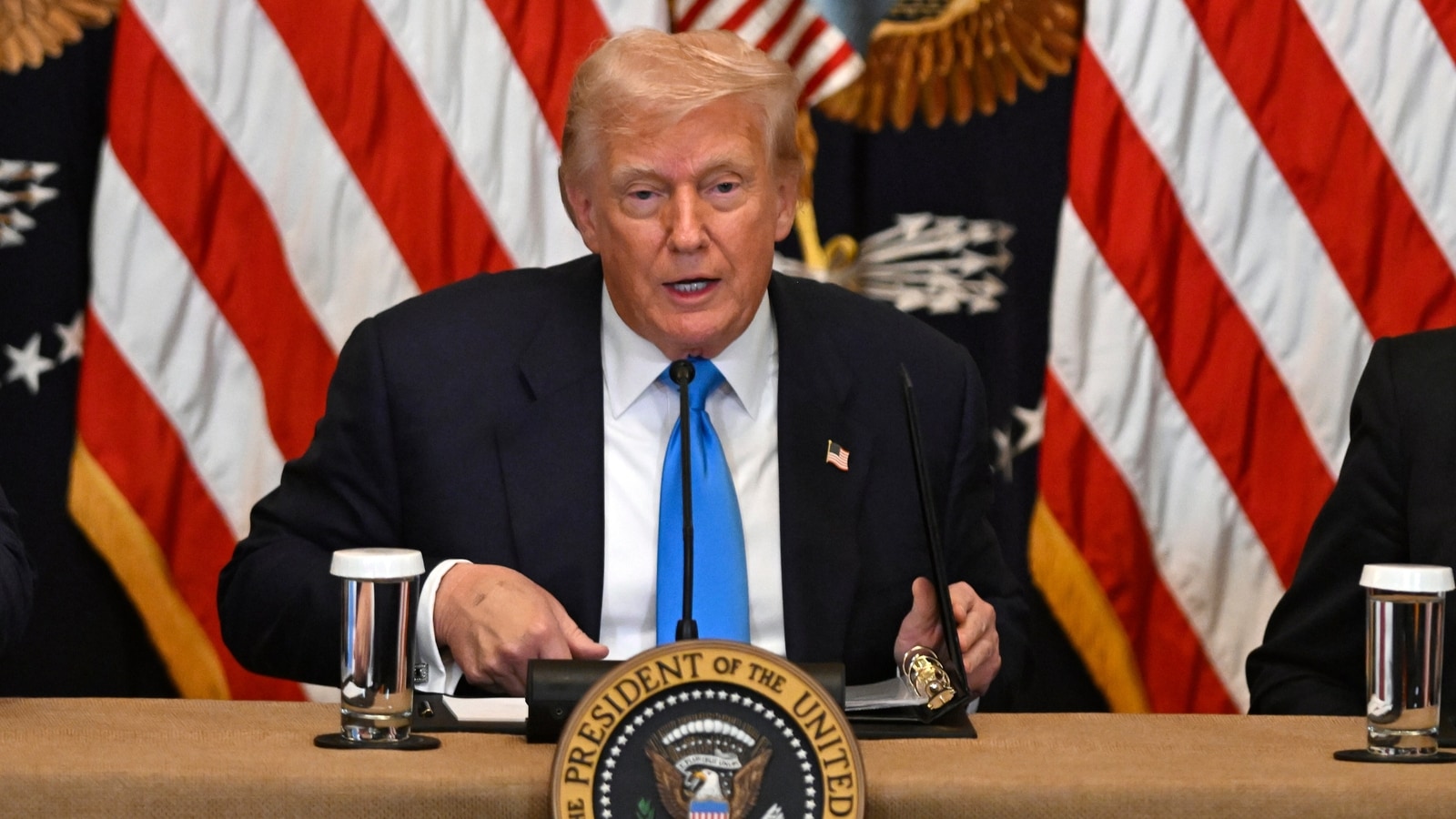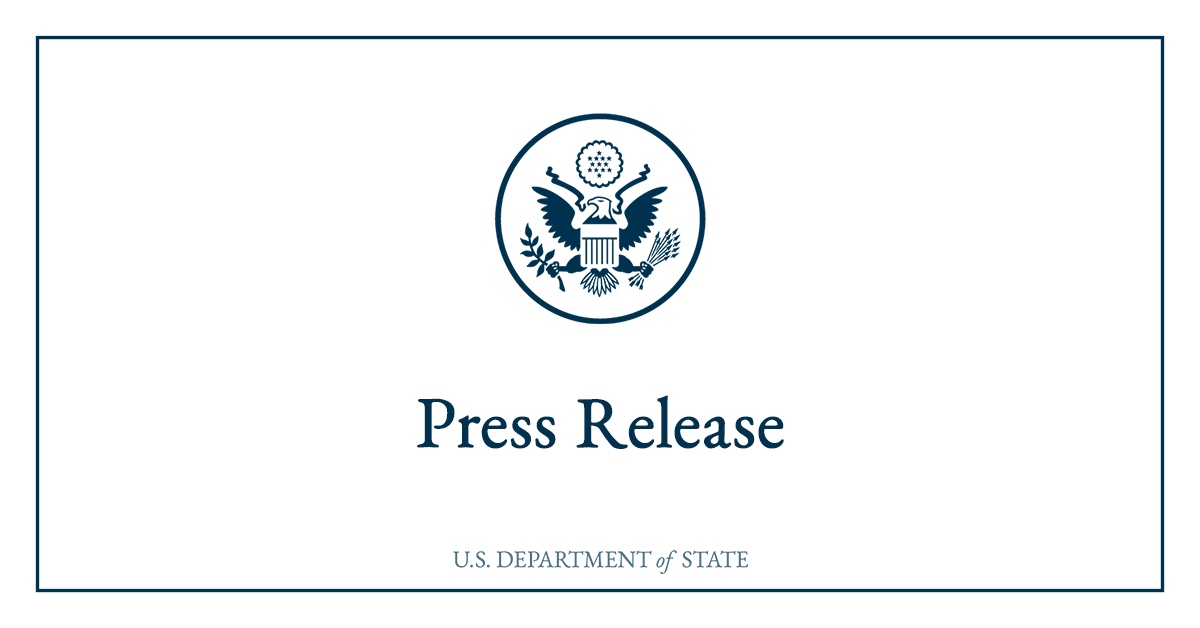Last Updated:
Junior officers in the Pakistan Army have issued a scathing letter demanding the immediate resignation of Army Chief General Asim Munir. The officers behind the letter have made it clear: if he does not step aside, they will act.

In a scathing letter, the officers accused Munir of turning the military into a tool of political oppression and personal vendetta. (AP)
In an unprecedented development, junior officers in the Pakistan Army have openly called for the resignation of Army Chief General Asim Munir. In a scathing letter accessed by CNN-News18, they accused Munir of turning the military into a tool of political oppression and personal vendetta, warning that he must resign immediately or face consequences.
The letter, purportedly authored by colonels, majors, captains, and jawans, declares that Munir’s leadership has pushed Pakistan into an abyss reminiscent of 1971, when the nation suffered a catastrophic defeat leading to the creation of Bangladesh.
“Resign Or Face The Reckoning”
“This is not a plea. This is not a negotiation,” the letter states. “This is your 1971, General, and we will not let you bury us in its shadow.”
The officers accuse Munir of destroying the Army’s reputation by suppressing political dissent, silencing journalists, and crushing democratic forces. They highlight the violent crackdown following the removal of Imran Khan in April 2022 and the alleged manipulation of the February 8, 2024, elections as pivotal moments that have tarnished the military’s credibility.
“This is the voice of the Pakistan Armed Forces—colonels, majors, captains, and jawans—who have watched you drag our institution, our nation, and our honour into the gutter,” the letter reads. “Your time is up. Resign ASAP, or we will take back what you’ve stolen—by force if necessary.”
The Nation Suffers Under Munir’s Rule
The letter paints a harrowing picture of life under Munir’s leadership, detailing brutal crackdowns on dissenting voices. “This is the roar of a people—housewives beaten in the streets, journalists silenced with bullets, students tortured in dungeons, and activists erased for daring to speak—who have borne the brunt of your tyranny since you toppled the last shred of legitimacy in April 2022.”
The officers accuse Munir of allowing the country’s economic decline to accelerate while securing his own power. “The economy’s a corpse—and yet you strut in GHQ like some tin-pot dictator, extending your term to 2027 while we starve.”
Public anger is at an all-time high, with even children resisting military authority. “Children throw stones at our checkpoints. You’ve made the Pakistan Army a pariah in its own land, a fascist beast feasting on its own people.”
A Fractured Institution
Top intelligence sources have confirmed the existence of the letter, describing it as not just a rebellion but an existential crisis for Pakistan’s most powerful institution. The letter warns that if Munir does not step down, the military itself will take action.
The officers demand that command be transferred to a council of senior officers who would “restore the institution’s integrity” and hold Munir accountable for his alleged crimes. However, analysts caution that even if Munir resigns, the deep divisions within the Army have permanently weakened its standing.
A Legacy Of Failures
The letter specifically points to the recent hijacking of the Jaffar Express in Balochistan by the Balochistan Liberation Army (BLA) as a moment of disgrace, highlighting how insurgents successfully seized a train, held passengers hostage, and left unchallenged. “We lost Balochistan that day; we lost our dignity,” it states.
The officers also slam Munir’s leadership for failing to uphold the Army’s traditional honour: “The BLA’s taunts echo louder than your hollow untruthful ISPR press releases, and the rank-and-file who once stood proud now hang their heads.”
It further condemns the Army’s role in manipulating Pakistan’s political landscape, stating: “Since it was the Generals who orchestrated the ouster of Imran Khan—a leader chosen by the people—you’ve plunged Pakistan to depths unseen since Yahya’s disgrace.”
The letter also paints a grim picture of the country’s current state, citing economic collapse, growing public resentment against the military, and the increasing instability in Balochistan and Khyber Pakhtunkhwa.
A Moment Of Reckoning
Pakistan’s Army has ruled the country either directly or indirectly since its inception, but this internal revolt signals a deep erosion of authority. With public dissatisfaction at an all-time high and international scrutiny growing, Munir’s future remains uncertain. The officers behind the letter have made it clear: if he does not step aside, they will act.
As Pakistan grapples with its most significant military crisis in decades, the question remains—will General Munir heed the warning, or will the Army’s internal fractures lead to an unprecedented power shift?





